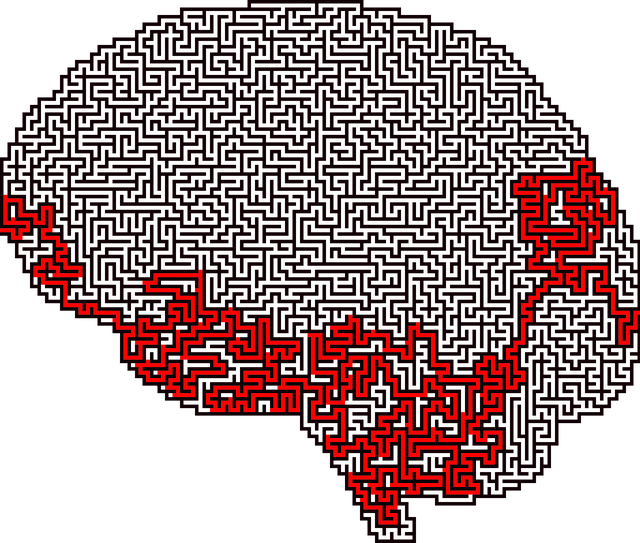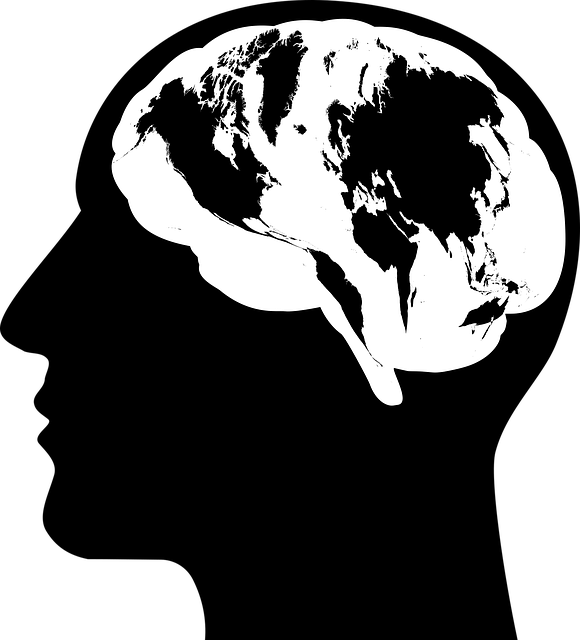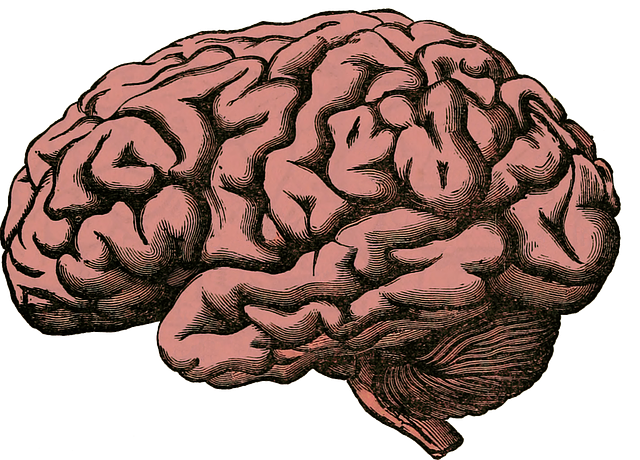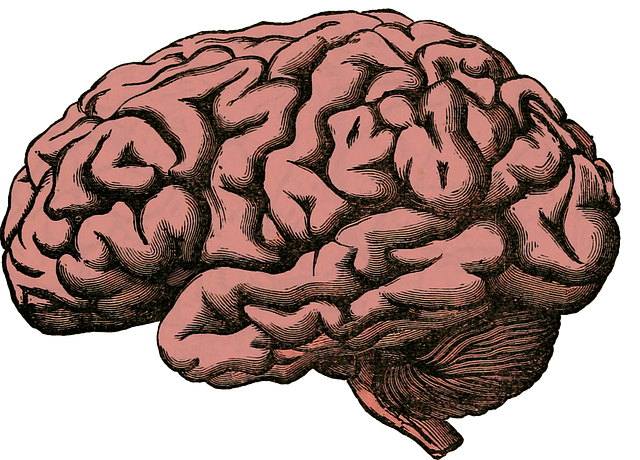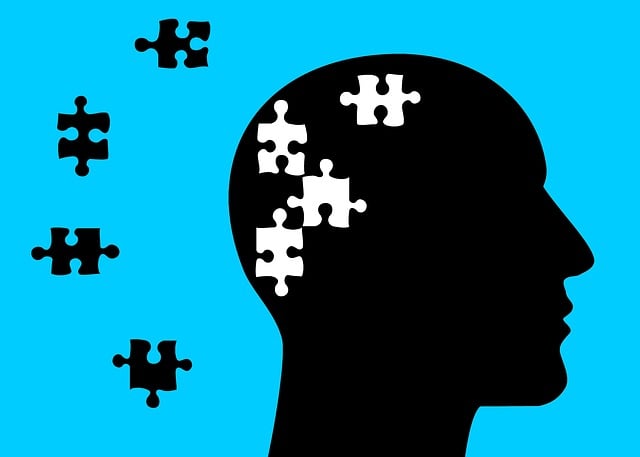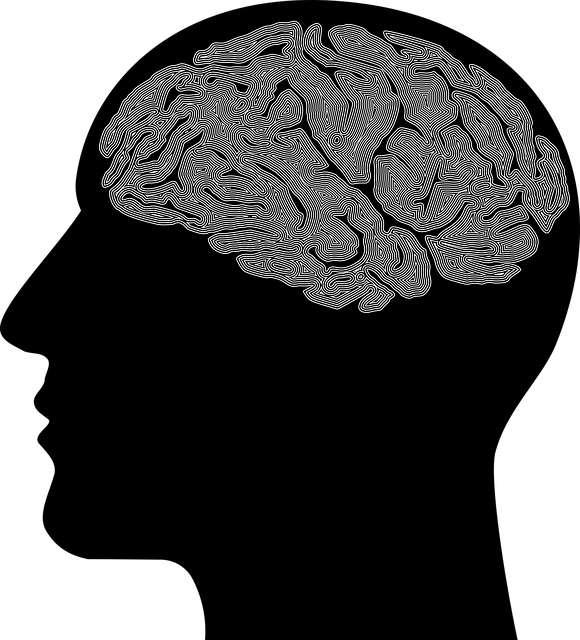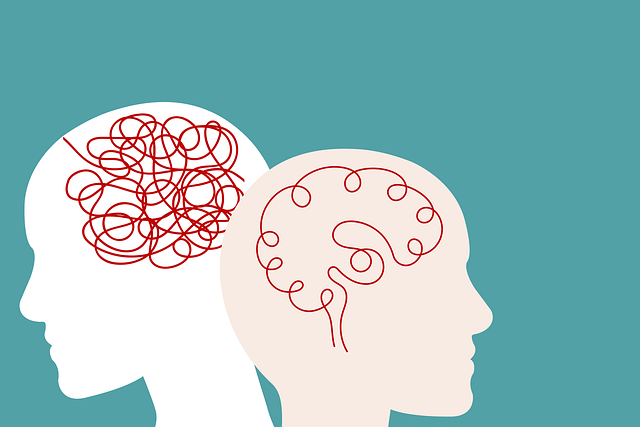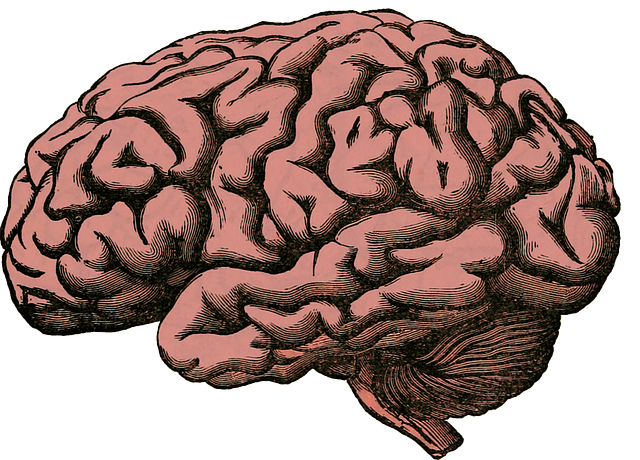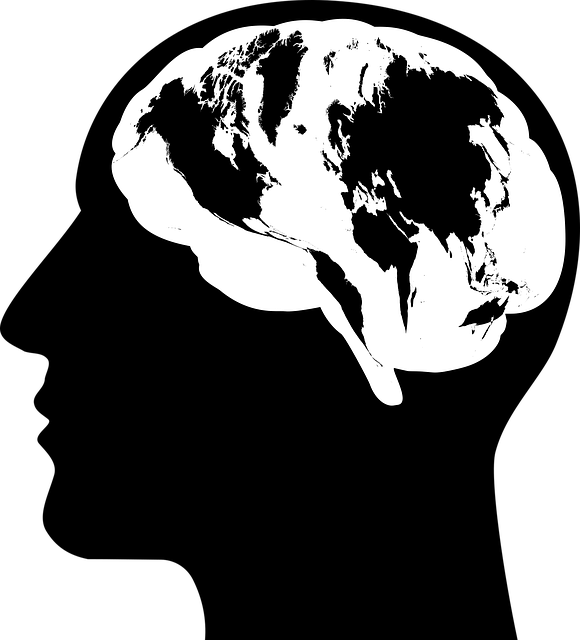Lafayette Learning Disability Therapy provides specialized counseling for individuals coping with loss, grief, and bereavement, especially those with learning disabilities. Their holistic approach combines compassion cultivation, self-esteem building, and practical strategies to help clients express emotions, manage stress, and develop resilience. Through safe spaces, innovative techniques, and support groups, the therapy empowers clients to navigate their emotional journeys, heal, and rebuild their lives post-loss.
Loss, grief, and bereavement counseling are essential tools in helping individuals navigate the complexities of deep emotional pain. This comprehensive guide explores these concepts, offering a detailed overview for those seeking support. We delve into the transformative role of counseling post-loss, highlighting how professionals like Lafayette Learning Disability Therapy provide unique, tailored assistance. Through effective strategies, this article equips readers with coping mechanisms to heal and move forward after bereavement.
- Understanding Loss, Grief, and Bereavement: A Comprehensive Overview
- The Role of Counseling in Navigating Difficulties After Loss
- Lafayette Learning Disability Therapy: Addressing Unique Challenges
- Effective Strategies for Healing and Coping with Bereavement
Understanding Loss, Grief, and Bereavement: A Comprehensive Overview

Loss, grief, and bereavement are deeply personal experiences that can significantly impact an individual’s mental health and overall well-being. Understanding these concepts is crucial for effective support and counseling. Loss refers to the absence or departure of someone or something valued, such as a loved one, while grief is the intense emotional response to loss. Bereavement, on the other hand, is the period after a significant loss during which individuals process their emotions and adapt to life without their loved one.
At Lafayette Learning Disability Therapy, we recognize that each person’s journey through these stages is unique. Our therapists employ compassion cultivation practices to create a safe space for clients to express their feelings openly. By fostering self-esteem improvement, we empower individuals to navigate the complexities of grief and bereavement. Additionally, mental health professionals are encouraged to implement robust risk management planning to ensure they can provide the best care possible while safeguarding their own well-being.
The Role of Counseling in Navigating Difficulties After Loss

After a significant loss, counseling plays a pivotal role in helping individuals navigate their grief and bereavement journey. It provides a safe space to process emotions, memories, and the profound sense of loss one may experience. Through professional guidance, individuals can learn effective coping mechanisms tailored to their unique experiences, enabling them to adapt and heal over time.
Lafayette Learning Disability Therapy offers specialized support, addressing not just the emotional aspects but also integrating practical strategies such as communication techniques and self-care routine development for better mental health. This holistic approach ensures that clients are equipped with the tools necessary to navigate difficult conversations about their loss, fostering resilience and a sense of empowerment in their healing process.
Lafayette Learning Disability Therapy: Addressing Unique Challenges

For individuals with learning disabilities navigating loss, grief, and bereavement, specialized support is crucial. This is where Lafayette Learning Disability Therapy steps in, offering a unique and tailored approach to counseling. Recognizing the distinct challenges faced by this population, therapists employ strategies that cater to their specific needs. These methods aim to enhance coping mechanisms, improve emotional intelligence, and facilitate healthy stress reduction techniques—all essential components of the healing process.
Lafayette Learning Disability Therapy provides a safe space for clients to express their emotions freely, fostering an environment conducive to emotional growth. Through innovative practices, therapists help individuals develop effective stress management skills while promoting self-awareness and understanding. By addressing these unique challenges head-on, counseling sessions empower those dealing with loss to find solace, build resilience, and gradually integrate into a new reality with enhanced coping strategies.
Effective Strategies for Healing and Coping with Bereavement

Healing from bereavement is a deeply personal journey, but there are effective strategies to support individuals navigating this challenging period. At Lafayette Learning Disability Therapy, our therapists emphasize the importance of self-care and emotional expression as key components of grief counseling. Encouraging clients to engage in activities that nurture well-being, such as exercise, creative outlets, or spending time in nature, can aid in mood management and promote a sense of resilience.
In addition to individual therapy sessions, our Community Outreach Program Implementation focuses on fostering support networks. Building connections with like-minded individuals through grief support groups can provide solace and a safe space to share experiences. Through these shared moments, bereaved individuals may discover that they are not alone in their journey. Moreover, working on self-esteem improvement is integral to the healing process, as it empowers individuals to rebuild their sense of identity and purpose after loss.
Loss, grief, and bereavement can profoundly impact an individual’s life, but counseling offers a vital support system. As seen with the specialized approaches of Lafayette Learning Disability Therapy, addressing unique challenges associated with loss is crucial for healing. By combining comprehensive understanding with effective strategies, individuals can navigate their difficulties and find coping mechanisms tailored to their needs. Through this process, one can ultimately embrace a path towards personal growth and resilience in the face of loss.
